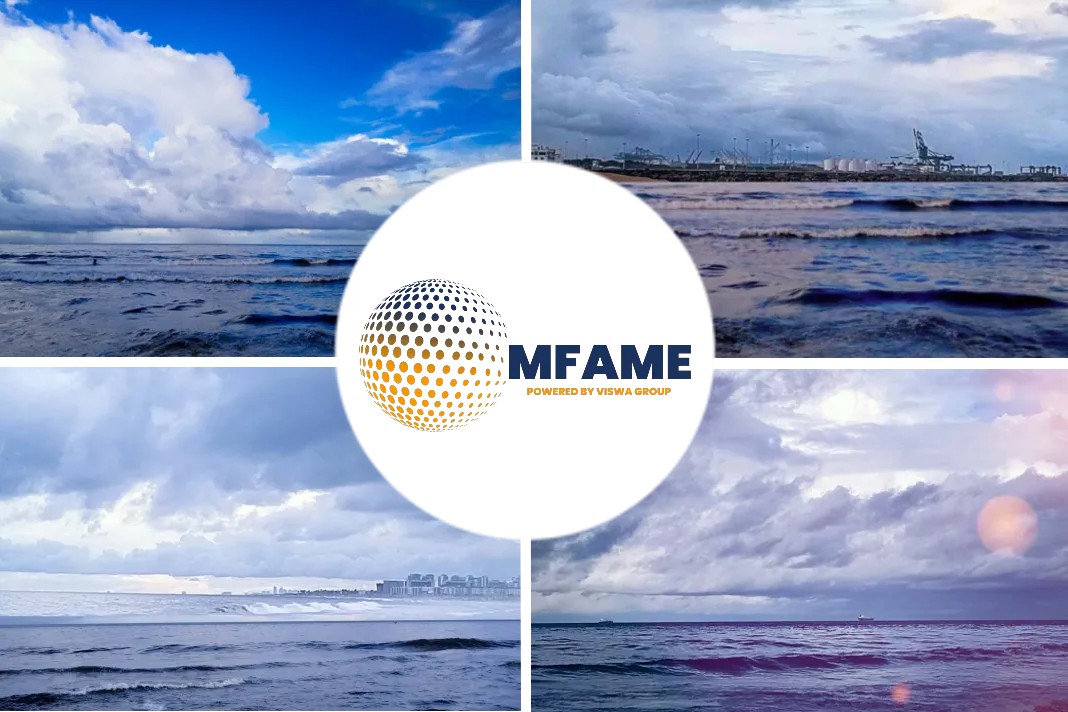Speaking at the World Economic Forum in Davos this week, the International Maritime Organization (IMO) Secretary-General Kitack Lim has called for renewed cooperation from all stakeholders to tackle the ‘urgent issues’ of air pollution and greenhouse gas emissions from shipping.
IMO regulations
Specifically, Kitack Lim highlighted the importance of IMO’s role in setting regulations, as the new regulatory targets will be a catalyst for technology, triggering research, development and innovation.
He added that now is the time to start developing the vessels, the fuels, the delivery mechanisms and all the other necessary infrastructure to support zero-emission shipping.
“When temperature records are routinely broken, icecaps are melting and some parts of the world are flooding while others are burning, there can be little doubt that addressing climate change must be humankind’s major priority,” he told fellow leaders.
Collaboration for decarbonization
Furthermore, the Sec-Gen highlighted that shipping decarbonization cannot be achieved in isolation, supporting collaboration between infrastructure developments and investment decisions and research and development projects need to be conducted cross-sectorial.
Overall, IMO’s goal, based on its GHG strategy, is to reduce shipping emissions by at least 50% by 2050.
Similarly, speaking during the World Economic Forum, Johannah Christensen, Managing Director, GMF, discussed shipping’s decarbonization and the efforts needed to achieve a greener and more sustainable maritime industry through investment.
Turning specifically to the need for a collective approach throughout the entire global supply chain, he said, “Collaboration in this area is likely to include developing and testing low or zero-carbon fuels.”
R&D initiatives
Mr Lim was also keen to stress that planning for a zero-carbon shipping industry cannot be done in isolation. “Infrastructure developments and investment decisions also need to be made collaboratively,” he said.
“Research and development initiatives need to be cross-sectorial. New technologies need to be transferable and scalable,” he added.
Did you subscribe to our daily newsletter?
It’s Free! Click here to Subscribe!
Source: IMO

















